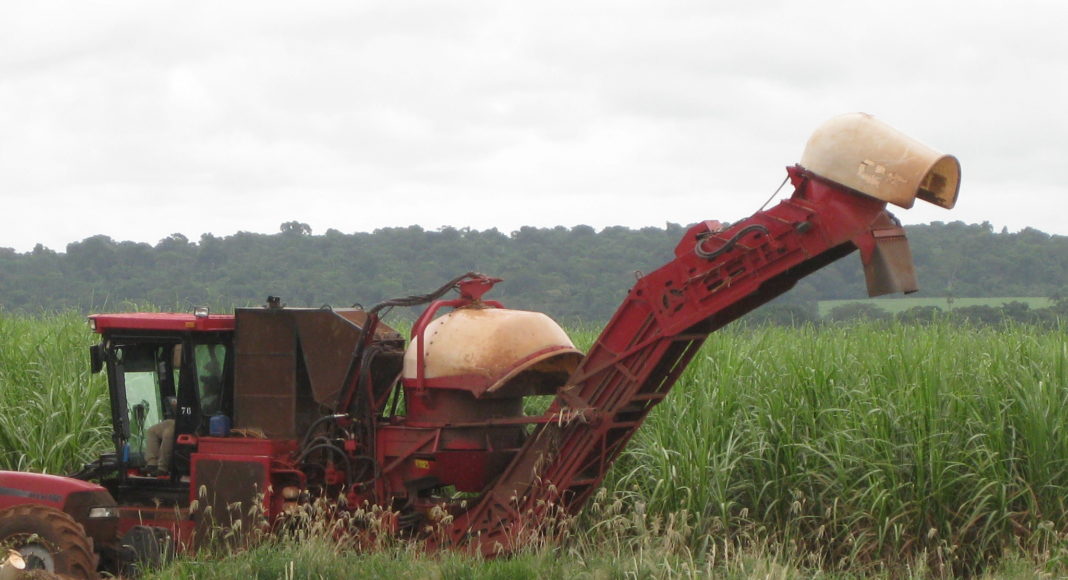 Brazil has had a Forest Code since 1934, and in 1965 the military regime even strengthened it to benefit the agro-industry they wanted to expand. The law has been under review by Congress since 2009, with heavy pressure from the agribusiness lobby for obligations to keep a forest reserve or to reforest felled areas to be reduced. President Dilma Rousseff vetoed a draft Code passed by Congress in May, but on 17 October signed into law an amended version of this Code. According to Raul do Valle of the Instituto Socioambiental, the new law has been made ‘in the image and likeness of agribusiness’
Brazil has had a Forest Code since 1934, and in 1965 the military regime even strengthened it to benefit the agro-industry they wanted to expand. The law has been under review by Congress since 2009, with heavy pressure from the agribusiness lobby for obligations to keep a forest reserve or to reforest felled areas to be reduced. President Dilma Rousseff vetoed a draft Code passed by Congress in May, but on 17 October signed into law an amended version of this Code. According to Raul do Valle of the Instituto Socioambiental, the new law has been made ‘in the image and likeness of agribusiness’
One of the main problems of the law is its complexity, which will make it more difficult to implement and easier to evade. Obligations on landowners differ according to the size of their properties, but the obligation to reforest protected areas deforested before 2008 has been drastically reduced. Some of the areas of forest reserve now required by law are so small, says do Valle, that it will be impossible to monitor them by satellite with the current imaging equipment.
Outside the Amazon, in areas where deforestation is older and much more extensive, the obligation to reforest will be minimal, as in some river basins in the state of São Paulo, where only 5% of forest cover is left.
‘Even in the Amazon the impact will be severe. First because many of the forest protection rules that had resisted the advance of pasture have been made more flexible. In more than 90 districts the legal reserve will fall from 80% to 50%. All the huge areas of inundated forest, igapós and várzeas, (over 400,000 sq. km, or the area of the state of São Paulo) will no longer be considered Permanent Protection Areas and consequently can be felled. All intermittent springs, abundant in areas of transition such as the Cerrado, will be able to be deforested. And this is not all. The amnesty granted to deforestation in the Cerrado (49% of the total area, concentrated in the South-East and the Centre-West) and the Atlantic Forest (76% of the total area) will surely be a stimulus to those who would like to go a little further than what the new law allows.’
For do Valle, Brazilian forest protection legislation has been subordinated to what the law describes in Article 1 as the ‘presence of the Country in national and international food and bioenergy markets’. The last hope of ISA and other environmental bodies is that some of the loopholes in the Code can be closed by the regulations that will be required to implement it, and they are lobbying the Environment Minister to have a voice in the process.

